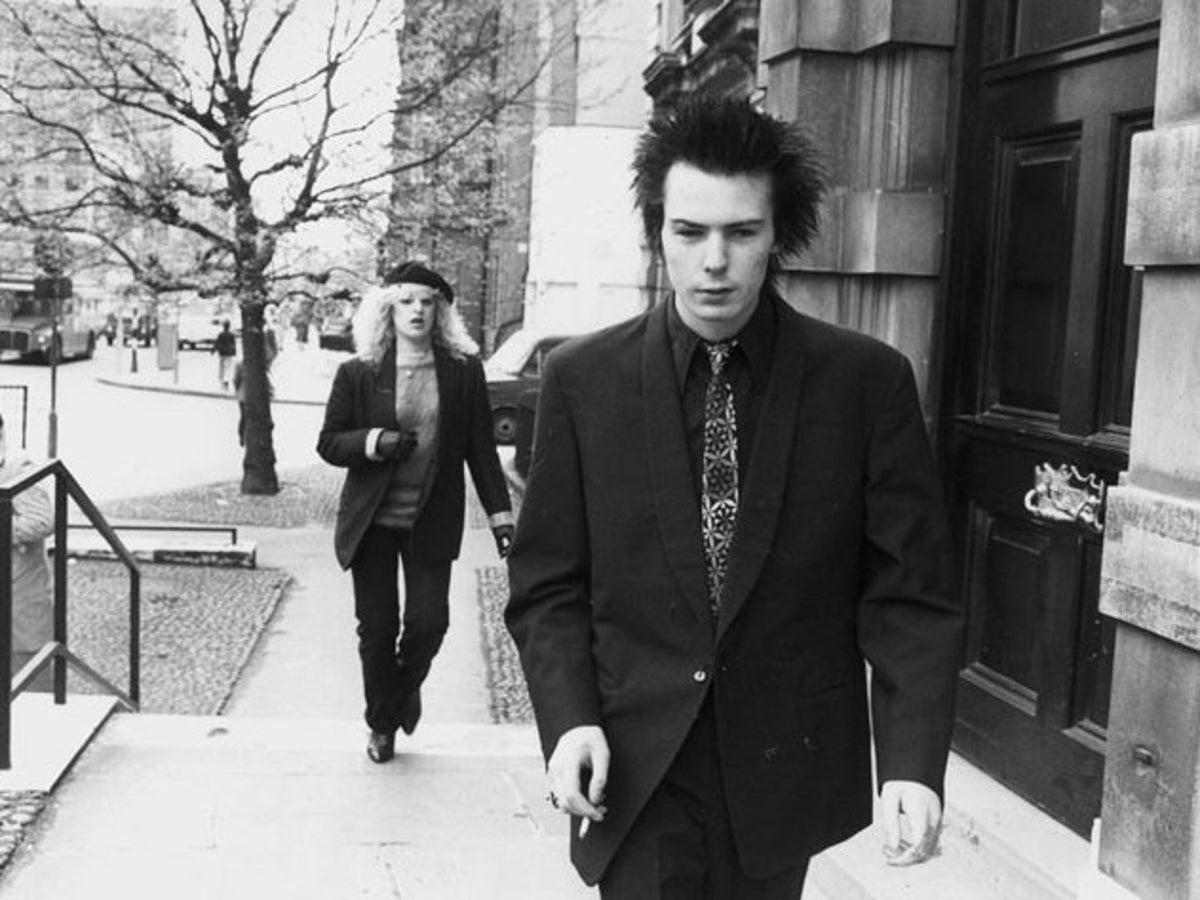Meta Description: Discover the truth about Sid Vicious’ bass skills and how the punk icon’s raw attitude shaped the Sex Pistols’ legacy despite his limited musical talent.
Simon John Ritchie, known to the world as Sid Vicious, embodied the rebellious spirit of punk rock. On his first day as a Sex Pistol, he famously (and falsely) used his bass guitar to whack a cymbal. This joke underscores the widespread perception of his musical ability. While he wasn’t a virtuoso like John Entwistle, how underqualified was Sid Vicious when it came to his bass skills?
The Sex Pistols emerged in the mid-1960s, offering a raw, inspiring alternative to the contemporary prog-rock scene. Their anarchistic style relied on simple lyrics and a steady punk groove, with Glen Matlock initially providing reliable bass rhythms. Influenced by The Stooges and New York Dolls, the Sex Pistols carefully curated their image, even dismissing Matlock in 1977, partly due to his fondness for The Beatles.
Sid Vicious’ Bass Skills: Attitude Over Ability
After Matlock’s departure, the Sex Pistols brought in John Lydon’s friend, Sid Vicious. With minimal experience and training, Vicious was hired for his punk attitude and style rather than his bass skills. Punk rock’s straightforward demands meant Vicious only needed to follow basic root notes, but most sources agree he lacked natural talent and work ethic.
Sid Vicious received some basic bass training from Motörhead’s Lemmy Kilmister, a supporter of the punk movement. Lemmy recalled, “Sid Vicious lived in my flat for a couple of months, and I tried to teach him bass, but he was hopeless.” Despite this, Vicious landed the role, much to Lemmy’s surprise.
The Reality of Sid Vicious’ Musical Contributions
Vicious’s limited bass skills often meant he was sidelined during live performances, with his parts turned down in the mix or unplugged altogether. In the studio, guitarist Steve Jones recorded most bass parts on “Never Mind the Bollocks,” with Vicious credited only on ‘Bodies’ and ‘God Save the Queen’. These partial credits highlight his struggle with even straightforward basslines under ideal conditions.
Despite his limited musical talent, Sid Vicious left a lasting impact on popular culture as a punk icon. His style and attitude shaped the Sex Pistols’ legacy, even if his bass skills were far from proficient. Vicious’s tragic demise in 1979 added a poignant layer to his story, cementing his place as a symbol of punk rock’s raw, unp
olished edge.
